
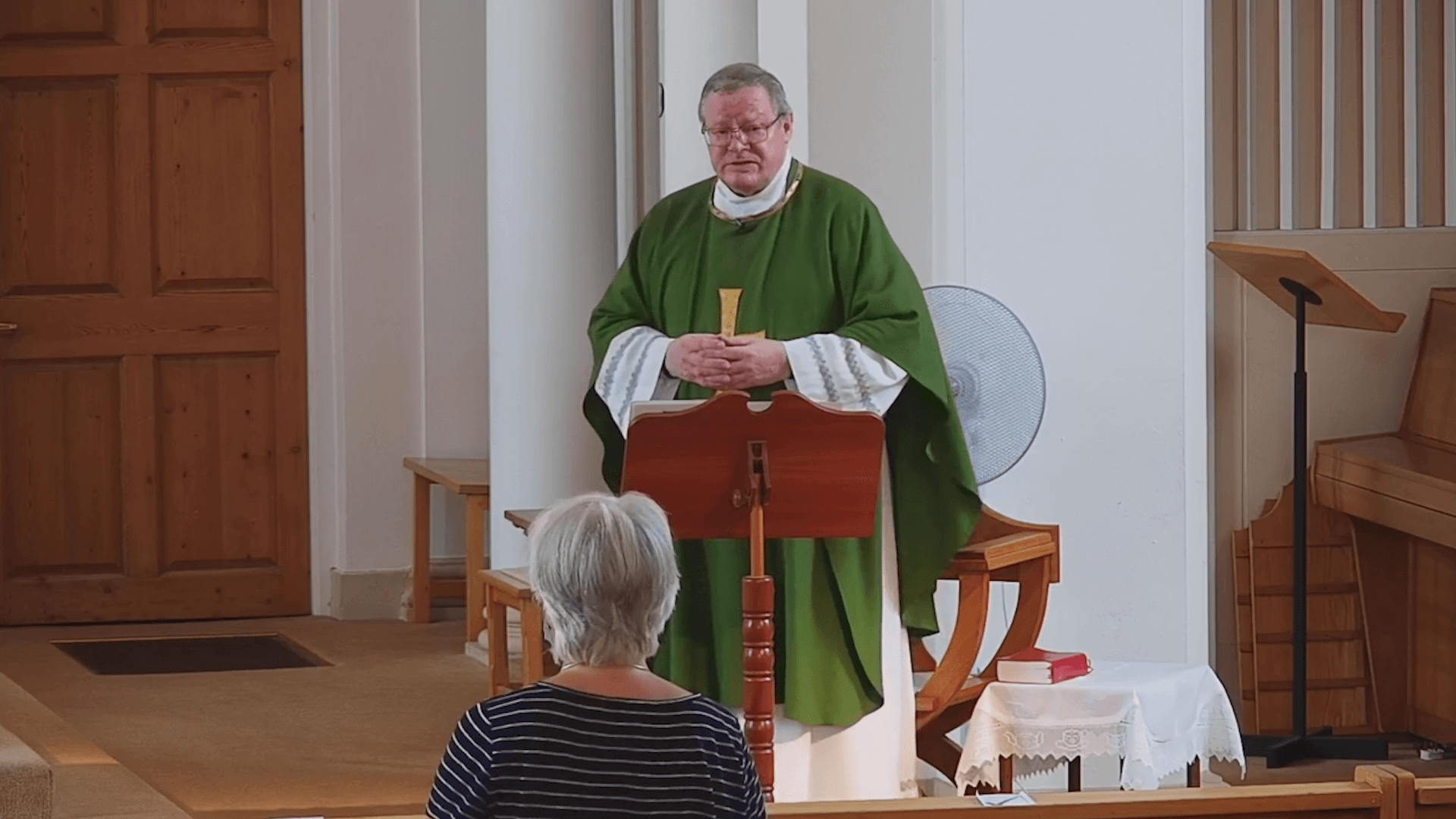
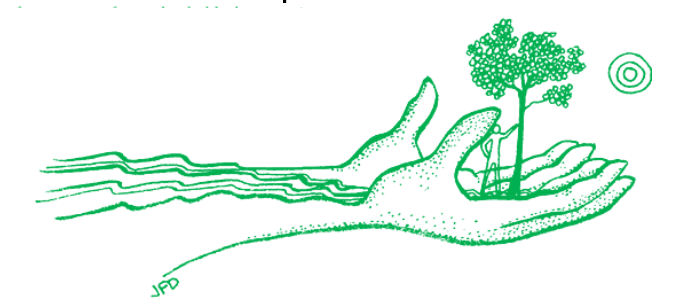

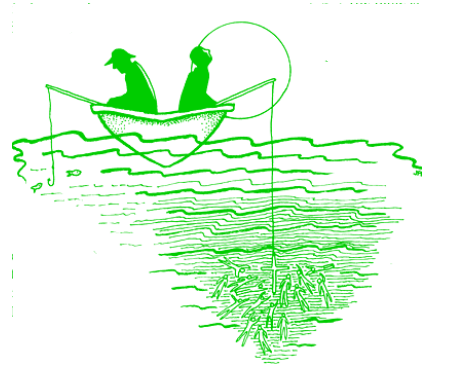

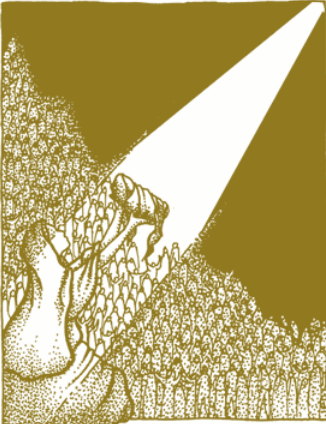


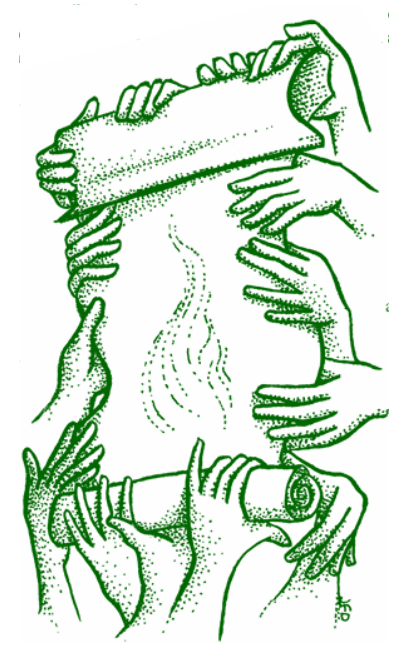
John the Baptist is a part of the stirring excitement of a new beginning of the Good News that Mark announces in the first verse of his gospel. He is the precursor, the one going before Jesus to prepare his way. Mark describes Jesus’ arrival from the humble and unimportant village of Nazareth, in Galilee, in case anyone is unaware of this. Although he is without sin (c.f. 2 Corinthians 5:21), Jesus puts himself in solidarity with the crowds and with sinful humanity. He bares his human body and at this, his first public appearance, chooses to go down into the waters of the Jordan to be baptised by John as a representative of our collective guilt. As he rises up, the heavens are torn open, and the action of God is manifested in the descent of the Spirit ‘like a dove’ and the voice addresses Jesus as ‘my beloved Son; with you I am well pleased.’ In the person of Jesus, this is the beginning of a new age, a new relationship of earth and heaven, of the whole of creation and our human condition. As several scripture scholars have said: “God has ripped the heavens apart irrevocably at Jesus’ baptism, never to shut them again. Through this gracious tear in the universe, he has poured forth his Spirit into the earthly realm” (c.f. Mark 1 -8). Here is the answer to the cry of the exiles to God: “Oh, that you would rend the heavens and come down” (Isaiah 64:1)! But, there is no mountain quaking, no violent cosmic disturbances in this rending; it is a gracious tear. The symbolism of ‘like a dove’ is perhaps a memory of the spirit/ wind of God that brooded bird-like over the face of the primeval waters at the first creation (Genesis 1:2). It is also a witness to the gentle action of God that descends upon Jesus to empower him, like the prophets, with gentle service of the poor (e.g. Isaiah 42:1-5; 61:1) and our humanity that is impoverished by our sinfulness. The word spoken by the Father at the baptism of Jesus is addressed to Jesus, not the Baptist or the crowd. He voice of God affirms Jesus as “my Son,” with memories of Psalm 2:7, a royal coronation psalm, and then as “the Beloved” upon whom God’s favour rests. In the humble setting of the Jordan River, a humble man from a humble Galilean village is baptised by the humble precursor and proclaimed by God as one with royal dignity. Three times in the testing of faith at Mount Moriah, Abraham refers to Isaac as his “beloved son” as Isaac and he face the sacrificial knife out of obedience to God (Genesis 22:2, 12, 16). The cost of Jesus allegiance to his Father as yet hovers only as gently as a dove; in the not too distant future it is the carrion crow of death that will descend upon Jesus before he is unbound in the resurrection because of his obedience. This gospel is a declaration of who Jesus is to Mark’s church, a statement of their selfunderstanding as disciples of the new messianic times who are all sons and daughters of the Father because they are baptised into the Spirit-filled and Beloved Son, and commissioned to serve in his name. Throughout Mark’s gospel. Those who follow Jesus will struggle to understand and accept the implications of accepting one who is Son and Beloved, to understand what is revealed to Jesus as he rises from the waters: that humanity, despite its sinfulness, is loved with the prodigal love of God. The first human being in this gospel who professes faith in Jesus as the Son of God and recognises the heavens torn open in the torn body of the crucified One is the Gentile centurion. We are caught up in this same struggle of faith. Baptism demanded everything of Jesus - as it does of us.









